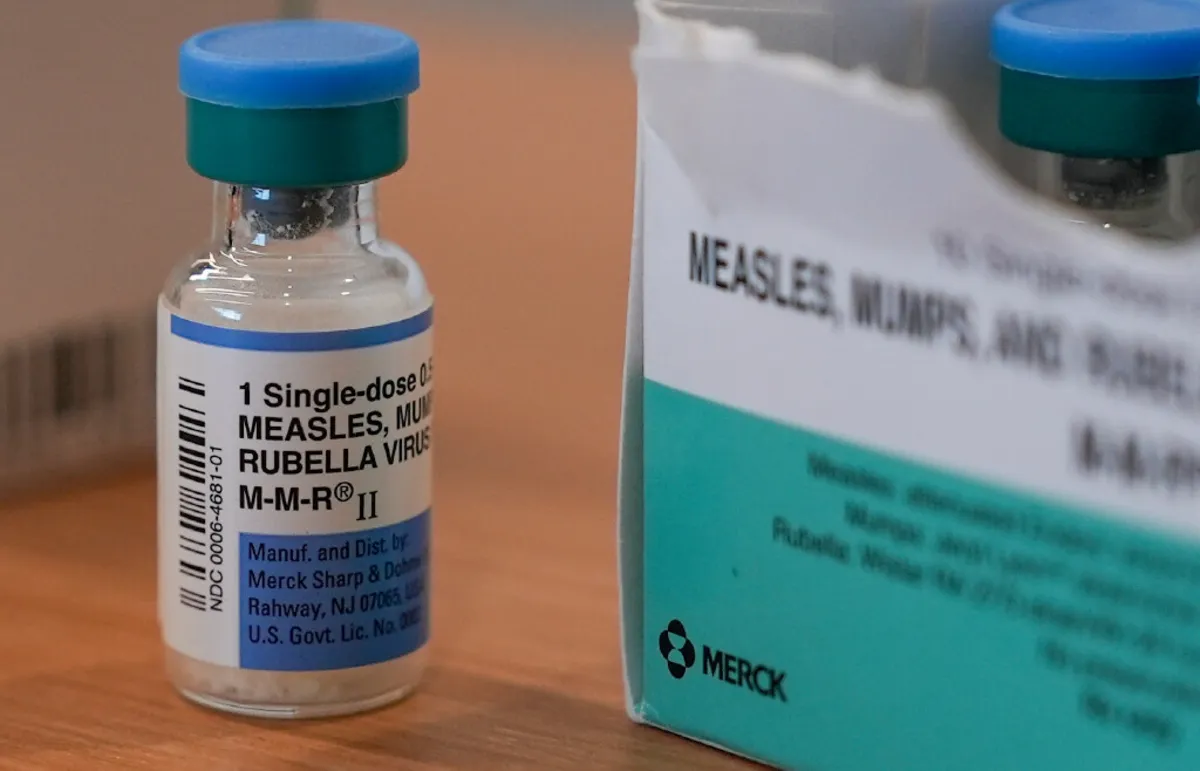
On Friday, health officials from the Bay Area came together to strongly recommend that residents receive a measles vaccination. This advisory is aimed at individuals who have either never received the vaccine or who may have avoided contracting the disease during childhood. The recommendation comes in response to a concerning rise in measles cases across the United States, particularly in regions like west Texas and New Mexico, where cases have surged to approximately 300, leading to two reported deaths—the first attributed to measles in the U.S. since 2015.
The Association of Bay Area Health Officials issued a statement highlighting the urgency of this situation. While they noted that the risk of exposure to measles remains low in the Bay Area, the officials emphasized that vaccination is the most effective means of prevention. They recommend that children aged 12 months to 3 years receive the measles, mumps, and rubella (MMR) vaccine, with an additional dose required for individuals older than 3 years.
Dr. Susan Philip, the San Francisco Health Officer, stated, “Measles is one of the most contagious viruses in the world, but it is preventable with the MMR vaccine. If children in your family are not fully vaccinated, or if you did not have measles as a child, please get the vaccine for the best protection.” This statement underscores the critical role of the MMR vaccine in safeguarding public health.
Officials reported that California has seen five confirmed cases of measles, all of which were linked to international travel. Importantly, there is no evidence connecting these cases to the outbreaks occurring in Texas or New Mexico. Health experts continue to monitor the situation closely to ensure the safety of the community.
Measles poses serious health risks, including severe illness and even death. The virus spreads through the air via respiratory droplets when an infected person breathes, talks, coughs, or sneezes. Alarmingly, the virus can linger in the air for hours after the infected individual has left the area. Common symptoms of measles include fever, cough, runny nose, and conjunctivitis (pink eye), followed by a characteristic rash.
Health officials have identified specific groups that are at higher risk for complications from measles. These include children under 5 years old, adults over 20, pregnant women, and individuals with compromised immune systems. Protecting these vulnerable populations underscores the importance of widespread vaccination to prevent the spread of this highly contagious disease.
In summary, the Bay Area's health officials are urging residents to take action by getting vaccinated against measles. With cases on the rise nationally, ensuring that you and your family are protected through the MMR vaccine is the best defense against this dangerous virus.